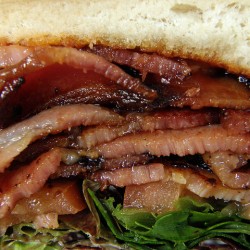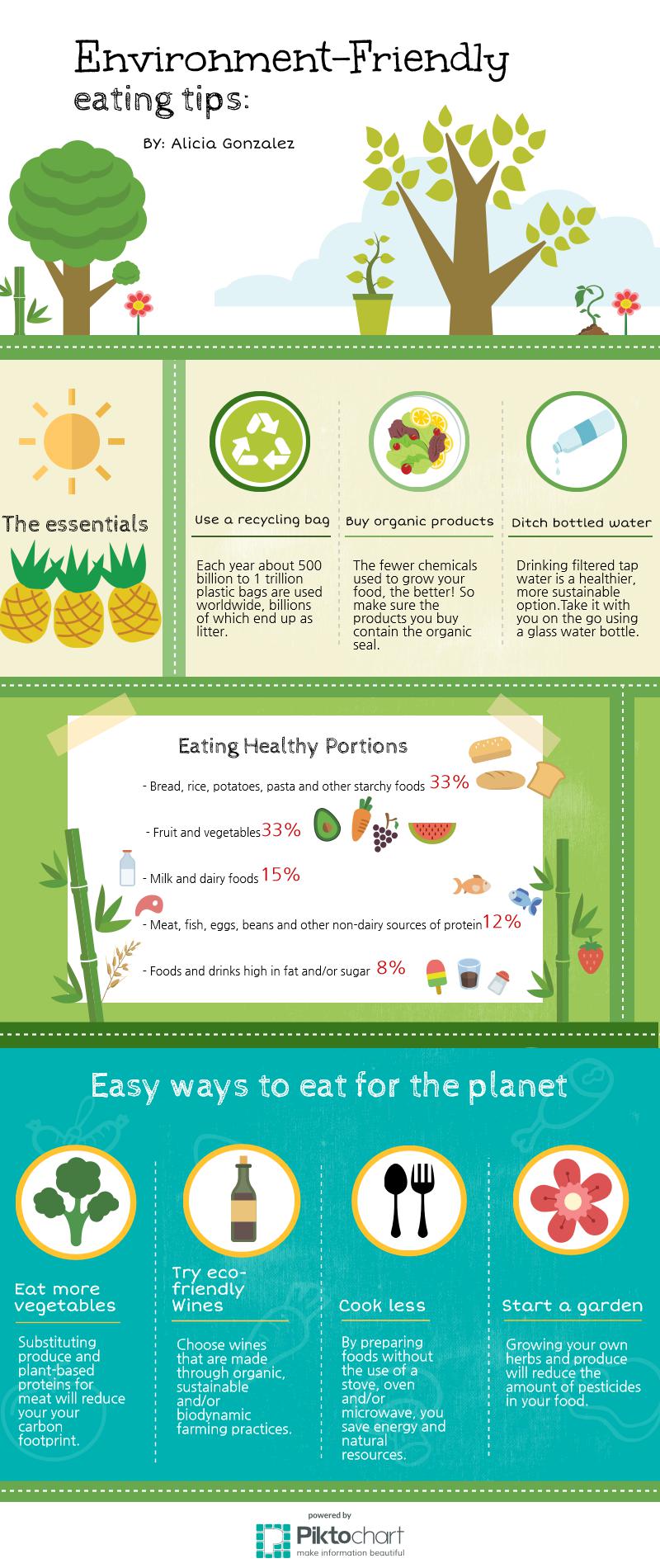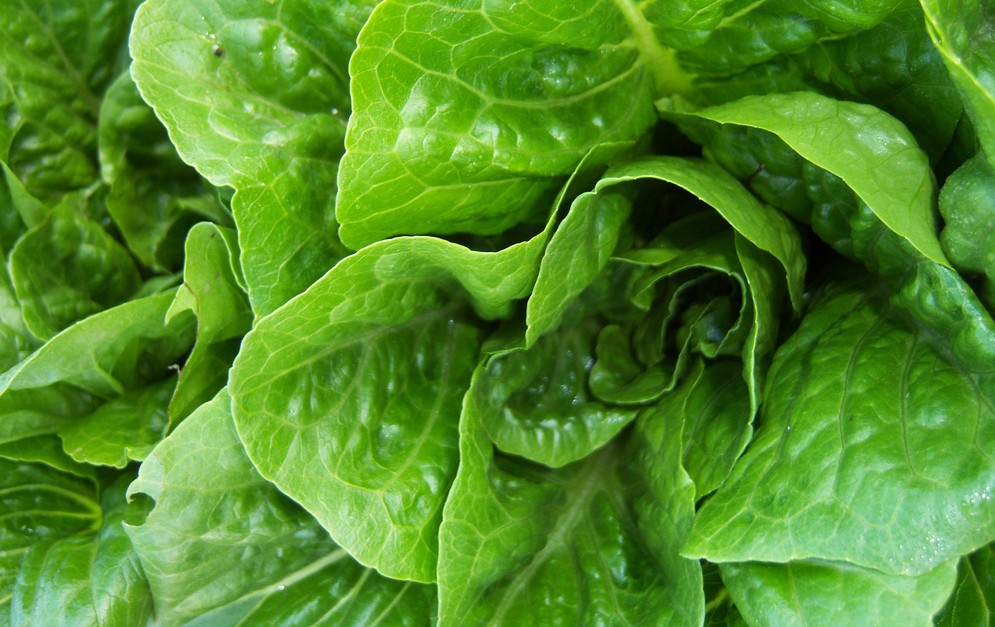A local animal rights charity has criticised a recent study, which found that vegetarian diets could be bad for the environment.

Anna Watson, from Compassionate Dorset, says that excessive meat production is the ‘real crisis’ we should be focusing on.
“Factory farming and intensive agriculture are the hidden causes of environmental damage. They create inhospitable environments for wild animals and plant species, contaminate the natural world and damage many ecosystems. They also release a great amount of carbon dioxide and methane, which is fuelling climate change,” she says.
But researchers who analysed the impact per calorie of different foods in terms of energy cost, water use and emissions, found that a healthier diet rich in fruit and vegetables could actually be more harmful to the environment than consuming some meat.
They say that common vegetables require ‘more resources per calorie’ than meat, highlighting that eggplant, celery and cucumbers look particularly bad when compared to pork or chicken.
But Ms Watson rejects the findings collected by researchers at Carnegie Mellon University, saying that the meat industry is taking a high toll on the environment.
“Emissions from livestock agriculture including methane from animal’s digestive systems, deforestation, land use change, water use and energy use are generally agreed to make up around 15% of global emissions. This is more than all of the world’s cars, trains, ships and planes put together,” she says.
The study, which was published in the Environment Systems and Decisions Journal, acknowledges this statistic, and researchers say that they are not arguing against the idea that people should be eating less meat.
According to them, claiming that ‘eating lettuce is over three times worse in greenhouse gas emissions than eating bacon’ is a way to make people realise that “not every plant product is more environmentally friendly than every meat product.”
“The bottom line is that there are no simple answers to complex problems. Diet and the environmental impact of agriculture…is not a simple problem,” says Paul Fischbeck, one of the researchers.
The relevance of studies like this is that they make people think about how their diets affect the environment. It also shows that environmental benefits and health benefits can sometimes clash. 







